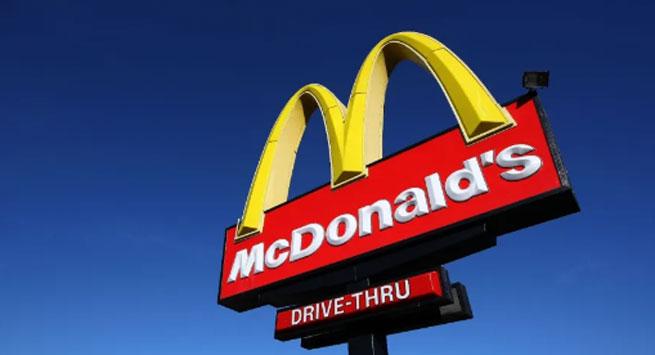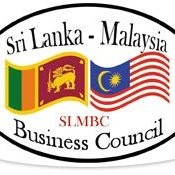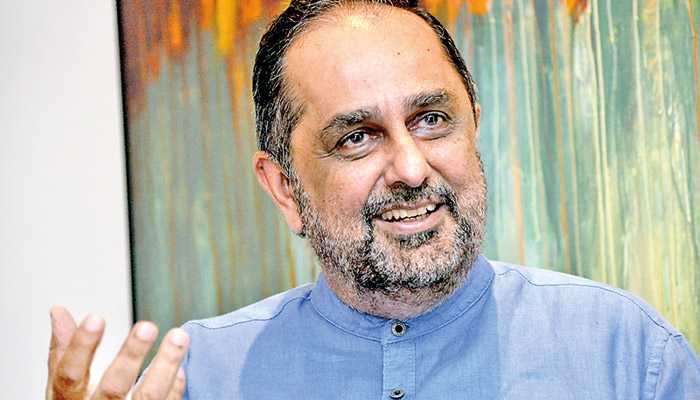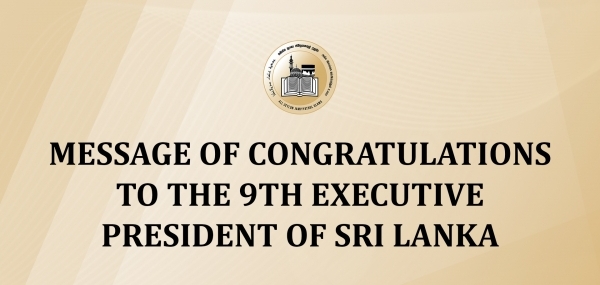US President Barack Obama was in China this week. He came, he saw, but his charm failed to conquer the Chinese leaders, as it did with the Arabs during his West Asia visit in June. Obama held lengthy talks with Chinese leaders to get their support for US policies and to urge them to be considerate towards US economic concerns, but China stood its ground. Obama left China empty handed.
It was certainly not a visit that can be compared with that of US President Richard Nixon to Beijing in 1972 following China’s ping-pong diplomacy and secret talks Henry Kissinger held with China with the help of Pakistan and other contacts.
Nixon became the first US president to visit the People’s Republic of China. Beijing was not only an ideological enemy of the United States then but also a backstage adversary during the Korean War. Death to American imperialism was a popular slogan in Mao Zedong’s China.
The talks Nixon held with Chairman Mao and Premier Zhou Enlai were highly productive for both sides. The US recognition of Taiwan and the presence of US troops there were a thorny issue, but Kissinger’s diplomacy saw a way out. Nixon gave a secret pledge to China that the US would not support, but could not suppress, the independence movement in Taiwan, which Beijing rightly claimed as its territory. The US also agreed to withdraw troops from Taiwan. Beijing on the other hand, remained an adversary of the Soviet Union, the cold war foe of the United States. So China became an indirect US friend on the basis America’s enemy’s enemy was America’s friend.
Since Nixon and Mao made history on February 21, 1972, both the United States and China have gone their own ways. Sometimes, their paths crossed; sometimes they held views that were poles apart. China remained perhaps the only country that refused to side with one superpower or the other. Today it is a superpower on its own steam.
Whenever China’s rise is analysed, the temptation to see it in the light of a Napoleon quote is hard to resist. “There is a sleeping giant. Let him sleep. If he awakes, he will shake the world,” Napoleon is reputed to have said pointing to China on a world map.
China has been awake for a long time but it feigned sleep. Probably underscoring this strategy of feigning sleep, Deng Xiaoping, former Chinese leader and architect of China’s resurgence as the global economic power, once advised the Communist Party that China must bide its time and hide its capabilities. The Deng dictum, as this advice came to be known among China watchers, is still a state mantra. It is to hide its capabilities that China feels that regulation or regimentation of society is necessary.
China may adopt free trade and allow a degree of freedom to its people as it races towards development with double-digit growth rates but the leaders keep one foot on the brakes.

When the Western nations realised that China had already woken up, they did not see a China that was gearing to conquer the world with imperialistic zeal — like Napoleon or imperialist Britain or George W. Bush’s United States did. But China was in their homes, in their supermarkets. From pin to pen, almost every other item had a made-in-China imprint. Suddenly trade with China became a problem because the trade balance was in Beijing’s favour.
That was China’s rise. That it is a global power is undisputable. If state power is measured in terms of a country’s military capabilities, strength of its economy, its scientific achievements, it geographical extent and the size of its population, the combination of all these factors make China a superpower, perhaps behind only the United States, whose edge comes largely from its superiority in science and technology.
The recognition that China is the other superpower in a unipolar world is gaining currency. Even the United States has begun to see China in that respect – the other superpower. With China, the United States does not seek rivalry but business and trade. Without China, the economy of the United States may just collapse. The United States also feels that it cannot address major global problems such as climate change and the nuclear crises involving North Korea and Iran without the cooperation of China. The relationship between the two countries is as symbiotic as it is conflict-ridden. China feels that it stands to benefit in the growth of the US economy and says it is committed to see the strengthening of the dollar, for if the dollar weakens, it will not only reduce the demand for the Chinese goods in the United States, but it will also devalue China’s dollar assets and investments in the United States and undermine its 2.4 trillion dollar foreign reserves.
China’s has pegged its currency, yuan, to US dollars and this has been a thorny issue between the two countries. Washington has been calling on Beijing to adopt a liberal exchange rate policy in a bid to narrow the widening trade balance. But China feels such a measure would hit its economy, which has already seen some 41 million job losses as a result of the recent global economic recession.
It is to sort out these financial and trade disputes and to adopt a common approach to pressing global issues that Obama went to China this week. The visit also came amid moves to form a G2 between the United States and China. The respect with which US regards China and reports of the formation of the G2 have caused strains in Russia’s relations with China, for Russia believes that it was the other superpower, given its military might. Also upset is Japan which faces the humiliation of being replaced by China as the second strongest economy of the world in the coming years.
Neither the United States nor China used the word G2 in its communiqués this week.
Obama’s talks with Chinese leaders Hu Jintao and Wen Jaibao covered issues ranging from climate change and human rights to Tibet, Afghanistan and Kashmir.
The London-based Financial Times quoted Jon Huntsman, the US ambassador to China, as saying, “There are really only two countries in the world that can solve certain issues. So the meetings really have been aimed at coordinating like never before on the key global issues … There wasn’t a single issue that was left out.”
However, at the end of the talks, the two countries agreed to disagree on many an issue. China’s stance appears to be that we may discuss issues such as Tibet and human rights but we will stick to what we see good for us.
Well, the US will also adopt a similar stance. Just because China’s President Hu told Obama that free trade and protectionism would not go together, Obama is not going to end his policy of promoting local industry and lift restriction his administration recently imposed on certain Chinese goods such as tyres and steel pipes.
Trade and diplomatic niceties apart, there also exists an undercurrent of mistrust and suspicion between the two countries, though neither country wants to openly acknowledge it.
The United States, especially during the George W. Bush administration, persisted with a policy of beefing up India’s military capabilities in a bid to check China’s growing power. Whether the Obama administration is following the same policy is not clear. But there are also no signs to indicate that Obama has abandoned this policy.
Unruffled, China continues to build up its military in keeping with the Deng dictum – bide the time and hide the capabilities. In recent years, China has upgraded its naval fleet to stake a claim for the supremacy of the Indian Ocean. China also has proved its capability to shoot down satellites, which have become tools of modern warfare because of their ability to see from the sky troop movements and other military manoeuvres on ground.
Post Disclaimer | Support Us
Support Us
The sailanmuslim.com web site entirely supported by individual donors and well wishers. If you regularly visit this site and wish to show your appreciation, or if you wish to see further development of sailanmuslim.com, please donate us
IMPORTANT : All content hosted on sailanmuslim.com is solely for non-commercial purposes and with the permission of original copyright holders. Any other use of the hosted content, such as for financial gain, requires express approval from the copyright owners.
 Sri lanka Muslims Web Portal Diversity and Inclusiveness – Sri Lanka Muslims
Sri lanka Muslims Web Portal Diversity and Inclusiveness – Sri Lanka Muslims



